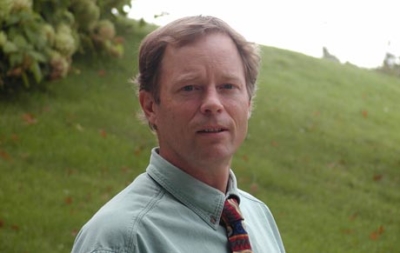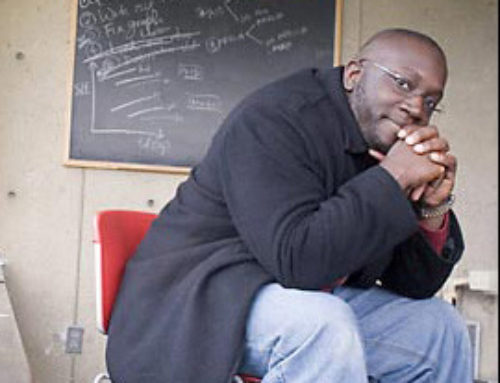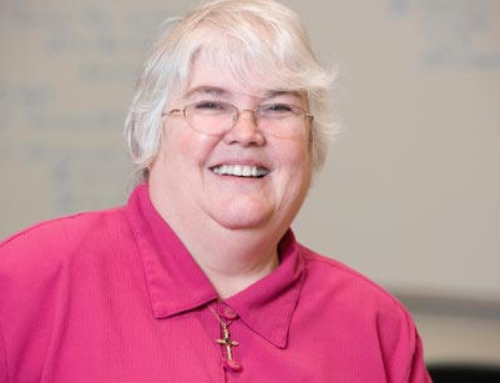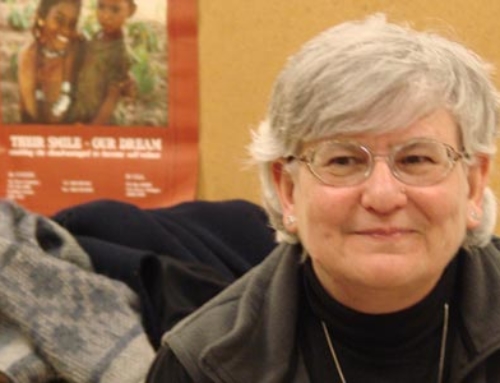 Natural sciences professor Johan Erikson has received a two-year $50,000 grant that he and two student researchers will use to examine geologic processes affecting the mineral composition of early post-Ice Age sediments in Maine."
Natural sciences professor Johan Erikson has received a two-year $50,000 grant that he and two student researchers will use to examine geologic processes affecting the mineral composition of early post-Ice Age sediments in Maine."
The research has implications for interpretation of long-term climate changes and their effects on the landscape," says Erikson, who was trained as a geologist. "This is basic research on how the ‘rock record' preserves a history of events on the Earth's surface," he says.
The team will examine sandy sediments in river, pond, lake, delta, and shallow ocean accu-mulations in order to characterize their composition and mineral distribution.
The grant includes three weeks of field work during two summers to collect sediments, which will be brought back to the campus lab for mineral identification. The team also will figure out the size distribution of the collected sediments in order to shed light on how natural geological sorting processes affect the distribution of minerals in the rock.
The grant money from the American Chemical Society allows Dr. Erikson to choose two students to aid him in his research, preparing them for the chance to co-author professional scientific papers for publication, present results at a professional conference and gain experience for graduate school or post-graduation employment.



